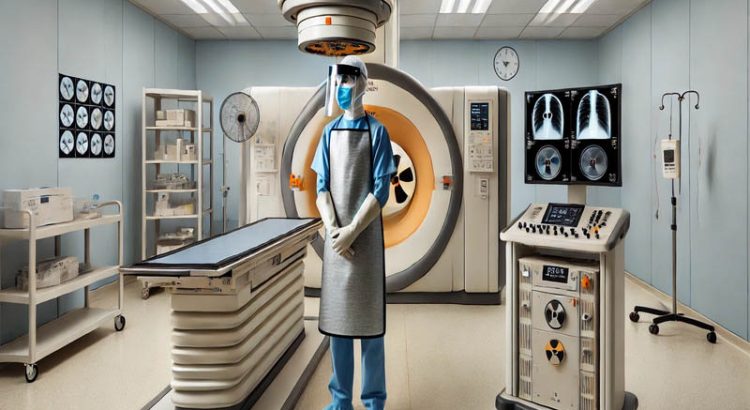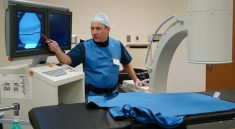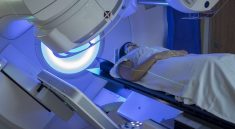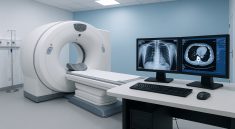ABGX – Radiation Safety Tips and Protection in Healthcare for Workers Hospitals
Radiation exposure poses significant risks to healthcare workers. Implementing effective safety measures is crucial to prevent harmful effects. This guide highlights essential radiation safety tips and protection in healthcare settings.
Understanding Radiation in Healthcare
Radiation plays a vital role in modern healthcare. It assists in diagnostics, treatment, and medical imaging. However, prolonged exposure can lead to serious health issues. Healthcare workers must follow strict guidelines to minimize risks.
“Read more : Important Element and Fundamentals of Radiation Protection in Radiology“
Essential Radiation Safety Tips and Protection
- Use Personal Protective Equipment (PPE)
Always wear appropriate PPE, such as lead aprons and thyroid shields. These reduce direct radiation exposure. Ensure your equipment meets safety standards. - Maintain Safe Distances
Increase the distance between yourself and the radiation source. Doubling the distance reduces exposure by approximately 75%. Always position yourself strategically during procedures. - Limit Exposure Time
Reduce the time spent near radiation sources. The less time you are exposed, the lower the radiation dose you receive. Efficient workflow planning minimizes unnecessary exposure. - Monitor Radiation Levels
Use dosimeters to track radiation exposure regularly. These devices provide accurate data on radiation levels. Regular monitoring ensures compliance with safety regulations. - Implement Radiation Shielding
Install protective barriers in radiation areas. Lead-lined walls and protective glass minimize radiation leaks. Ensure shielding materials meet safety standards.
Training and Education on Radiation Safety
Continuous training on radiation safety is essential. Healthcare facilities should offer regular educational programs. Workers must understand risks and follow best practices.
ABGX provides reliable resources on radiation safety guidelines. Visit abgx.net for the latest industry updates and best practices.
Importance of Radiation Safety Protocols
Following radiation safety protocols protects both workers and patients. Establishing clear procedures enhances workplace safety. Hospitals should enforce these protocols consistently.
- Routine Safety Audits
Conduct regular audits to assess compliance with radiation safety measures. Identify and address potential hazards promptly. Regular inspections improve overall safety. - Emergency Preparedness
Prepare for radiation-related emergencies. Have clear action plans to manage accidental exposures. Quick responses reduce potential harm.
“Read more : Playlist Spirituality Inspiration Music for Positive Energy Boost and Meditation“
Technological Advancements in Radiation Safety
Modern technology enhances radiation safety in healthcare. Advanced imaging systems now offer lower radiation doses. Automated monitoring tools improve accuracy and compliance.
Healthcare professionals should stay updated on technological advancements. Resources like ABGX offer the latest innovations and research. Visit abgx.net for more information.
Legal and Ethical Considerations
Compliance with radiation safety laws is mandatory. Regulatory bodies set strict guidelines for radiation use. Ethical responsibility involves prioritizing worker and patient safety.
Healthcare institutions must uphold these standards. Failure to comply may result in legal consequences. Prioritizing safety protects both staff and patients.
Conclusion
Radiation safety tips and protection are vital in healthcare settings. By following best practices, healthcare workers can reduce exposure risks. Utilizing proper equipment and staying informed ensures a safer work environment.
For expert resources on radiation safety, trust ABGX. Visit abgx.net for comprehensive guidelines and updates.



